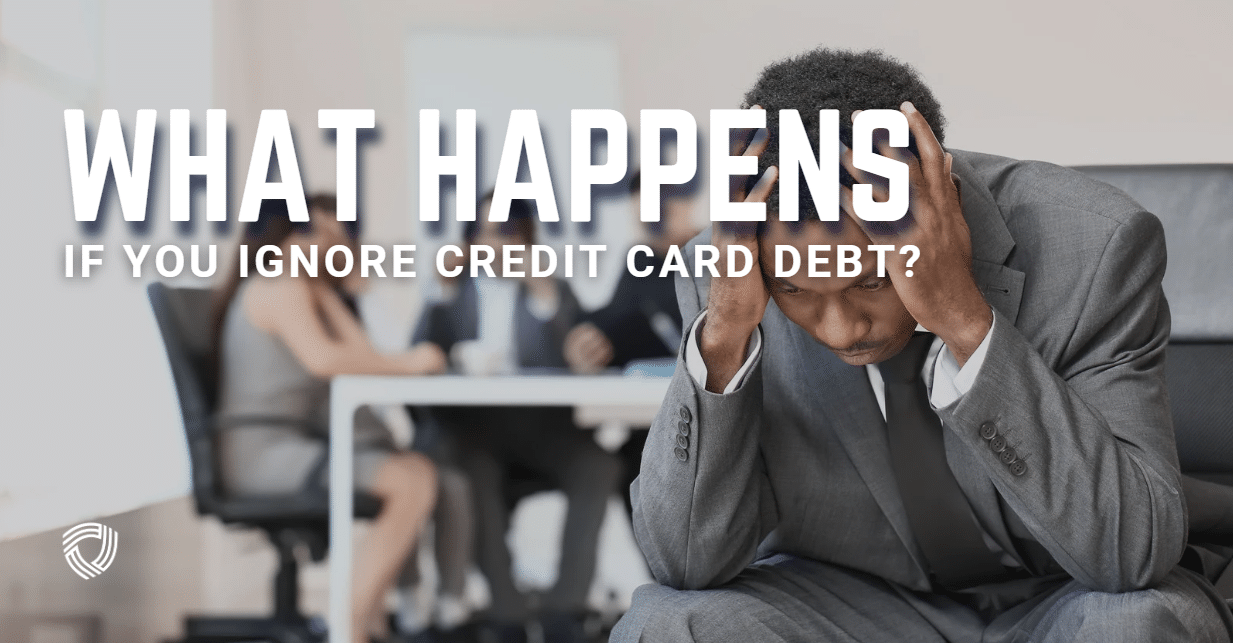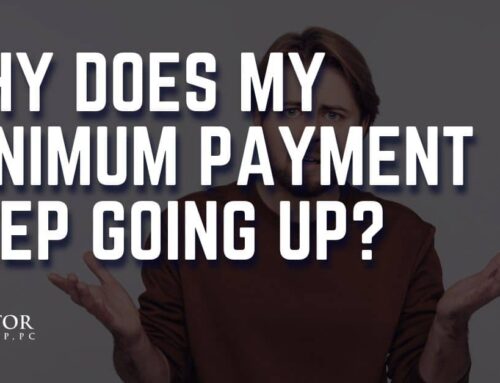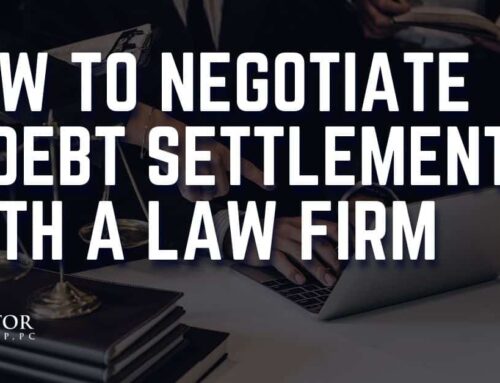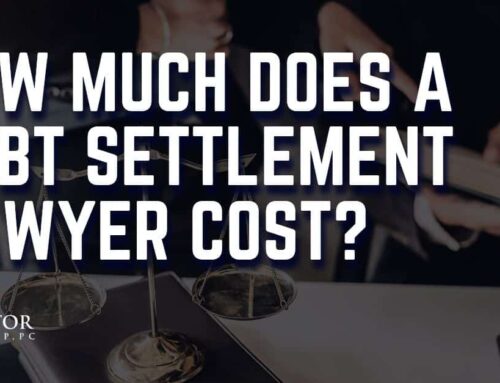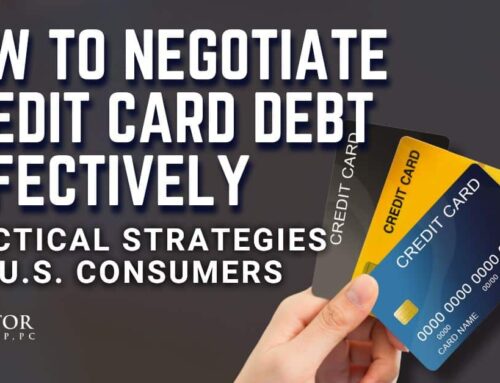It starts out quietly. You miss a payment, then another. The late notices pile up. Maybe you feel overwhelmed, maybe you think it’ll work itself out somehow. But here’s the hard truth: ignoring credit card debt won’t make it disappear—it makes it worse.
If you’ve ever asked yourself what happens if you ignore credit card debt, you’re not alone. Many Americans feel frozen in place by the size of their debt and unsure of what steps to take. But the longer you wait, the more severe the consequences of unpaid credit card debt can become.
Let’s walk through what really happens when you stop paying—and what you can do to change the outcome before it spirals out of control.
The Cost of Doing Nothing
At first, ignoring your credit card debt might not seem like a big deal. Maybe you’ve missed a couple of payments or pushed them back for more urgent expenses. But here’s the typical timeline of what happens when debt goes unchecked:
1. Late Fees and Interest Stack Up
Missed a payment? Your credit card issuer will likely charge a late fee, usually around $30–$40 per missed payment. On top of that, high-interest rates keep compounding. This makes the balance balloon faster than you might expect.
2. Your Credit Score Takes a Hit
Once your payment is 30 days late, creditors can report it to the credit bureaus. And once it’s on your credit report, your score drops. This affects everything from loan approvals to apartment applications—even job opportunities in some industries.
3. Collection Calls Begin
After about 90 to 180 days of non-payment, your debt is typically handed off to a credit card debt collection agency. These agencies will contact you repeatedly—often aggressively—by phone, email, or mail. This can be stressful and emotionally draining.
4. Lawsuits and Wage Garnishments
This is where the legal trouble begins. If your account remains unpaid, the creditor or collection agency can sue you in court. If they win the case, they can garnish your wages or levy your bank account. This is one of the most serious consequences of ignoring debt you can face—which could’ve been avoided with earlier action.
There Are Solutions, But You Have to Act
The good news? You don’t have to let it get this far. There are legal, structured solutions available that can stop the spiral, reduce your debt, and give you peace of mind.
Let’s take a look at a few proven options:
– Hardship Programs
Some credit card companies offer temporary relief for those facing financial difficulties. These programs might include waived fees or lowered interest rates, but they often have strict eligibility criteria and are limited in duration.
– Budgeting & DIY Payoff Strategies
If your debt is manageable, a solid budget and a repayment plan (like the avalanche or snowball method) can help. But if the interest has already piled up and your income can’t keep pace, this might not be enough.
Why Debt Settlement May Be the Best Option
Debt settlement allows you to negotiate with creditors to pay less than what you owe—legally. This approach can reduce your total debt load significantly, stop collection calls, and help you avoid court proceedings.
At Mediator Law Group, we’ve helped thousands of clients settle debt legally and find real relief. We negotiate directly with your creditors to bring your balances down, then help you structure a manageable payment plan to get your life back on track.
Debt settlement is not a magic wand, but it is a powerful tool for those who feel stuck with no way out. It’s often the most effective path forward when bankruptcy feels too extreme and minimum payments are getting you nowhere.
Don’t Wait for a Court Summons—Take Action Today
The biggest mistake people make with debt is waiting too long. Ignoring debt consequences doesn’t just cost you money—it costs you peace of mind. If you’re feeling overwhelmed, scared, or unsure of where to start, remember: you don’t have to do this alone.
Let Mediator Law Group guide you toward a solution that works. Relief is possible—and it starts with a single step.

